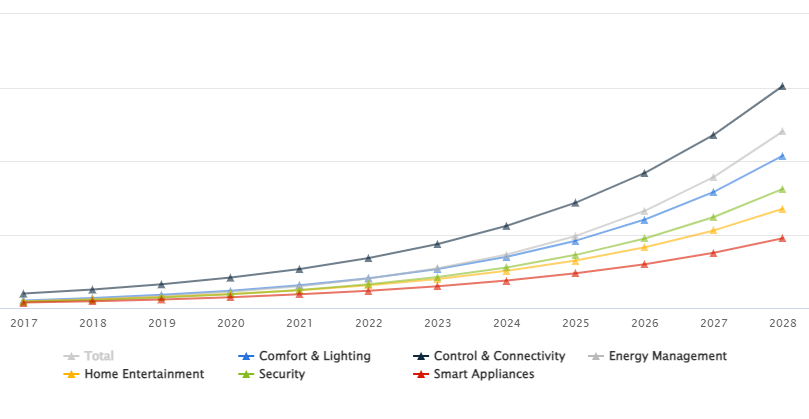Smart Home Automation in the UK
Welcome to the ultimate guide to smart home automation in in the UK.
Smart home automation is transforming how we live. It’s about more than just convenience. It’s about having a modern lifestyle with efficiency and security, with the use of technology to control and automate household tasks.
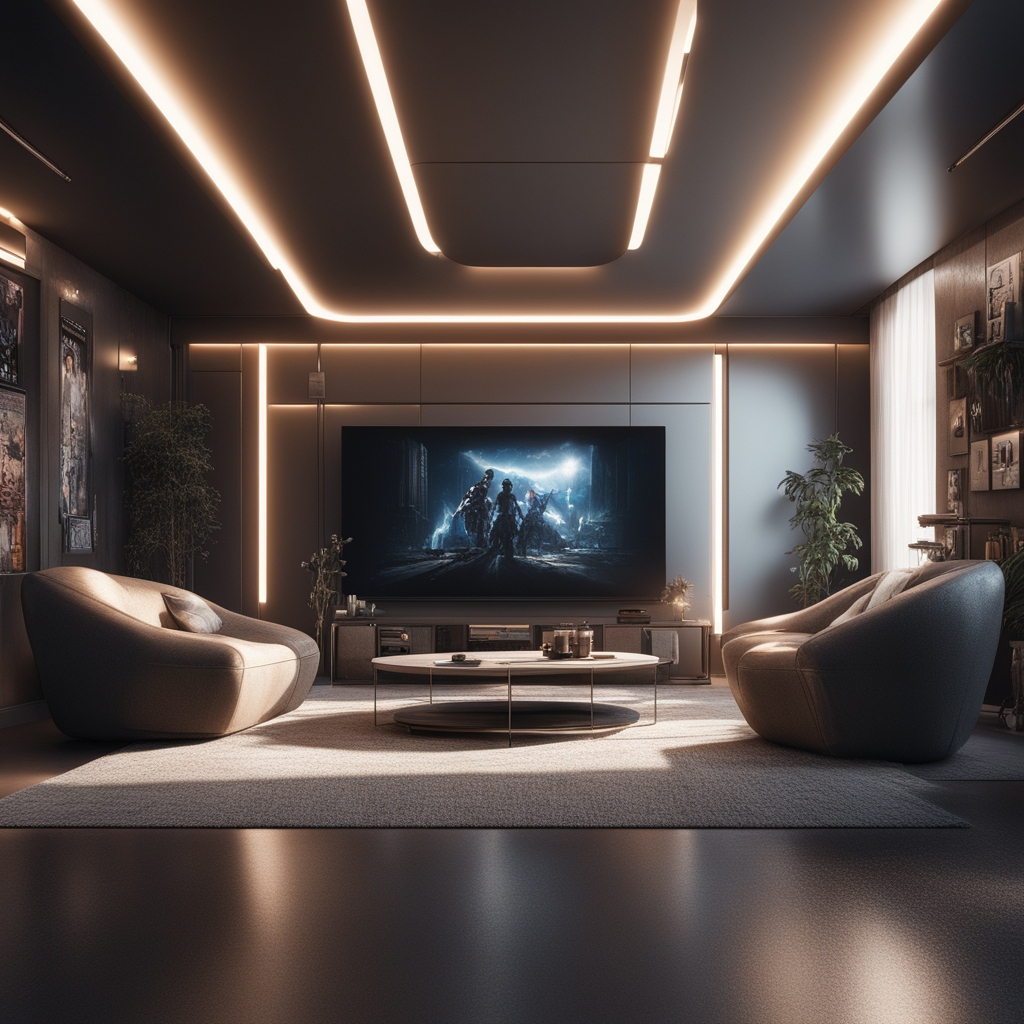
How do you get started with smart home automation installation?
This guide is here to help. Whether you’re a tech enthusiast or a homeowner looking to upgrade, you’ll find valuable insights here. We’ll cover everything from understanding smart home automation to planning your installation. We’ll delve into the installation process itself and explore advanced features. We’ll also discuss maintenance, costs, and the future of smart home automation. This guide is comprehensive, but it’s also easy to understand. We’ve broken down complex topics into simple, digestible sections. So, whether you’re planning a DIY project or hiring professionals, this guide is for you.
Let’s embark on this journey to a smarter, more automated home.
Table of Contents
Chapter 1: Understanding smart home automation
Before we delve into the installation process, let’s understand what smart home automation is.
What is Smart Home Automation?
Smart home automation refers to integrating technology into various devices and systems within a home to enable remote monitoring, control, and automation of tasks. This typically involves connecting devices to a central hub or network, allowing homeowners to manage them through a smartphone, tablet, or voice commands. The primary goal is to enhance convenience, efficiency, and security in your home.
The Evolution of Smart Home Technology
Smart home automation has come a long way over the years. In the past, it was a luxury available only to the wealthy. But with advances in technology, it’s now accessible to the average homeowner. Smart devices have become more affordable and easier to use. And with the rise of the Internet of Things (IoT), more devices can be connected and automated.
Benefits of Smart Home Automation
There are many benefits to installing a smart home automation system.
- Convenience: Control your home from anywhere, at any time.
- Efficiency: Save energy by automating lights, thermostats, and more.
- Security: Enhance your home’s security with automated locks and surveillance systems.
- Comfort: Create the perfect environment with automated lighting, temperature, and music.
- Savings: Reduce your utility bills with smart energy management.
These benefits make smart home automation a worthwhile investment for many homeowners.
Types of Smart Home Automation Systems
There are several types of smart home automation systems to choose from.
- Wired systems: These systems are hardwired into your home, offering reliable performance but requiring professional installation.
- Wireless systems: These systems use Wi-Fi or other wireless protocols, making them easier to install and expand.
- Hybrid systems: These systems combine wired and wireless technologies, offering flexibility and reliability.
Each type has its pros and cons, and the best choice depends on your specific needs and circumstances.
Here are some names of popular smart home systems:
These are just a few examples of smart home systems available on the market, each offering its own set of features, compatibility, and integrations. When choosing a smart home system, it’s essential to consider factors such as device compatibility, ease of use, privacy features, and the specific needs and preferences of the user.
Technology is constantly evolving, and your smart home automation system should be able to keep up. Look for systems that offer regular software updates and are compatible with new devices and technologies. This ensures that your smart home remains up-to-date and functional for years to come.
Reliable customer support is essential, especially for complex systems. Look for providers that offer robust support options, including phone and email. Some companies like ours, even offer on-site support for troubleshooting and smart home maintenance in London.
In the next chapter, we’ll discuss how to plan your smart home automation installation.
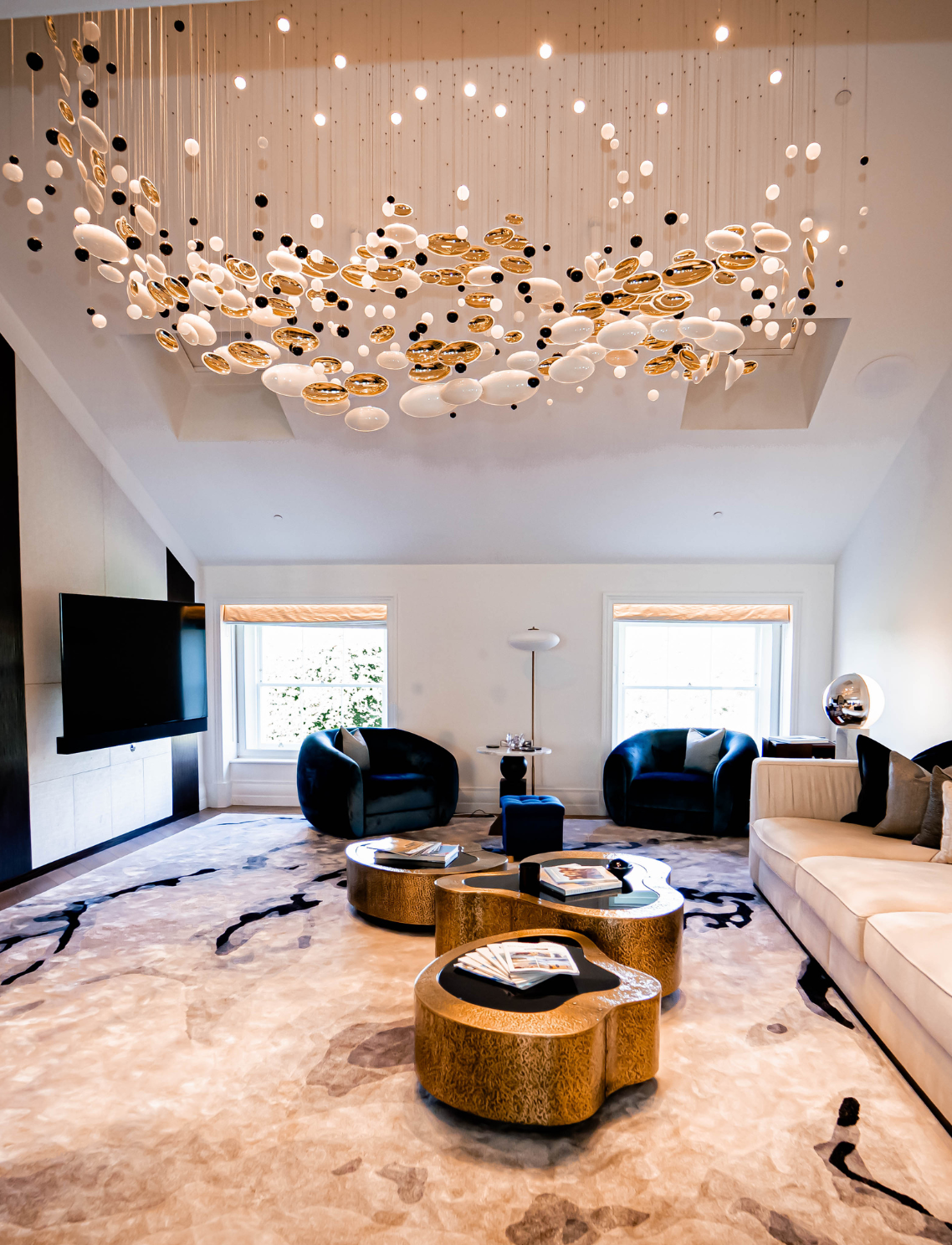

Chapter 2: Planning Your smart home automation Installation
Planning is a crucial step in the smart home automation installation process.
It involves assessing your needs, choosing between DIY and professional installation, understanding protocols and standards, and designing your smart home automation layout.
Let’s delve into each of these aspects.
Assessing Your Smart Home Automation Needs
Before you start buying devices, you need to assess your smart home automation needs. Consider your lifestyle, daily routines, and the tasks you want to automate. For example, if you often forget to turn off the lights, you might want to automate your lighting system. Or if you’re concerned about security, you might want to install smart locks and surveillance cameras.
Also, consider your budget. Smart home automation can be a significant investment, especially if you opt for high-end devices and professional installation. But remember, it can also lead to savings in the long run, especially in terms of energy efficiency.
Here are some factors to consider when assessing your needs:
- Lifestyle and routines: What tasks do you want to automate?
- Security concerns: Do you need smart locks, surveillance cameras, or alarm systems?
- Energy efficiency: Can you save energy by automating your lights, thermostat, or appliances?
- Budget: How much are you willing to spend on smart home automation?
Choosing Between DIY vs. Professional Installation
Once you’ve assessed your needs, you need to decide whether to install the system yourself or hire a professional. DIY installation can be more affordable and gives you full control over the process. But it can also be time-consuming and challenging, especially if you’re not tech-savvy. On the other hand, professional installation can be more expensive but ensures a reliable and efficient system. Professionals have the expertise to handle complex installations and troubleshoot any issues. They can also provide valuable advice on the best devices and setup for your needs.
Here are some factors to consider when choosing between DIY and professional installation:
- Technical skills: Do you have the skills to install and configure the system yourself?
- Time and effort: Do you have the time and patience to handle the installation?
- Complexity of the system: Is your system simple enough for DIY installation, or does it require professional expertise?
- Cost: Can you afford professional installation, or would you prefer to save money with DIY?
Understanding Protocols and Standards
Smart home automation devices communicate with each other using various protocols and standards. These include Wi-Fi, Bluetooth, Z-Wave, Zigbee, and others.Each protocol has its strengths and weaknesses in terms of range, power consumption, and compatibility. For example, Wi-Fi has a long range and high data rate, but it consumes a lot of power. Z-Wave and Zigbee, on the other hand, are low-power protocols designed specifically for smart home automation. But they may not be compatible with all devices. Understanding these protocols and standards can help you choose the right devices for your system.
Designing Your Smart Home Automation Layout
Finally, you need to design your smart home automation layout. This involves deciding where to place your devices and how to connect them. For example, you might want to place your smart thermostat in a central location for easy access. Or you might want to install smart lights in areas where you often forget to turn off the lights. You also need to consider the range of your devices and the layout of your home. For example, if your Wi-Fi router is in the basement, you might need a Wi-Fi extender to reach the upper floors. Designing your layout can be a complex task, but it’s crucial for a successful installation.
In the next chapter, we’ll discuss the installation process in detail.
Chapter 3: The Installation Process
The installation process is where your smart home automation plan comes to life.
It involves preparing for installation, following a step-by-step guide, and troubleshooting common issues.
Let’s explore each of these steps in detail.
Preparing for Installation
Before you start installing your devices, you need to prepare your home. This involves ensuring you have a strong Wi-Fi signal throughout your home, as most smart devices rely on Wi-Fi to function. You may need to upgrade your router or install Wi-Fi extenders to ensure a strong signal. Next, check the compatibility of your devices. Make sure they can communicate with each other and with your central hub or controller. Also, ensure you have all the necessary tools and equipment for installation. This may include screwdrivers, drills, wire strippers, and other tools, depending on your devices.
Here are some steps to prepare for installation:
- Check Wi-Fi signal: Ensure a strong Wi-Fi signal throughout your home.
- Check device compatibility: Make sure your devices can communicate with each other and your central hub.
- Gather tools and equipment: Have all necessary tools and equipment ready for installation.
Step-by-Step Installation Guide
Now, let’s dive into the installation process. While the exact steps may vary depending on your devices, here’s a general guide to get you started.
- First, install your central hub or controller.
- This is the device that communicates with all your smart devices and allows you to control them.
- Next, install your smart devices one by one.
- Start with the most critical devices, such as smart locks or thermostats.
- Follow the manufacturer’s instructions for each device.
- Most devices come with a step-by-step guide or even a mobile app to guide you through the process.
- Once a device is installed, connect it to your central hub.
- This usually involves pressing a button on the device and the hub to pair them.
- Repeat this process for each device.
- After all devices are installed and connected, test your system.
- Make sure each device works correctly and responds to your commands.
- Also, check the range of your devices.
- Make sure they can communicate with the hub from their location.
- If not, you may need to move the device or the hub, or install a range extender.
- Finally, customise your settings.
- Set up schedules, scenes, or routines to automate your tasks. For example, you can set your lights to turn on at sunset and off at sunrise. Or you can create a “goodnight” scene that turns off all lights and locks all doors with a single command.
- Remember, installation can be a complex process, especially for large systems.
- Don’t hesitate to seek professional help if you encounter any issues.
Troubleshooting Common Installation Issues
Even with careful planning and preparation, you may encounter issues during installation. Common issues include devices not connecting to the hub, weak Wi-Fi signal, or devices not responding to commands. The first step in troubleshooting is to check the basics. Is the device powered on? Is it in pairing mode? Is it within range of the hub? If the basics check out, consult the device’s user manual or the manufacturer’s website. They often have troubleshooting guides and FAQs that can help. If you still can’t resolve the issue, consider seeking professional help. Many smart home automation companies offer installation services and technical support. They can help you troubleshoot complex issues and ensure your system works smoothly.
In the next chapter, we’ll explore advanced features of smart home automation systems.
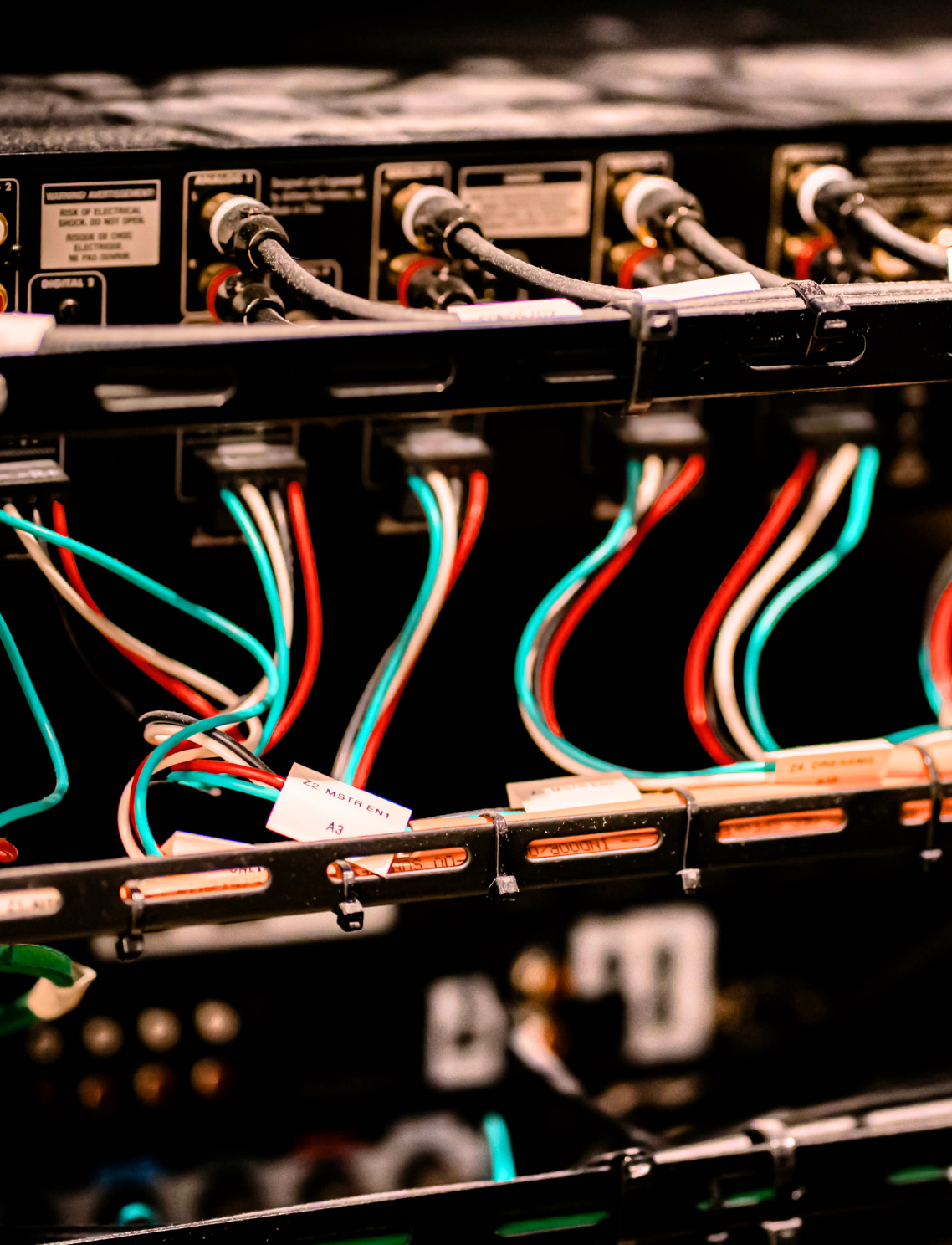
Chapter 4: Advanced Smart Home Automation
Smart home automation systems offer a range of advanced features. These features can enhance your comfort, security, and energy efficiency. Let’s explore some of these features in detail.
What Can Smart Home Automation Control?
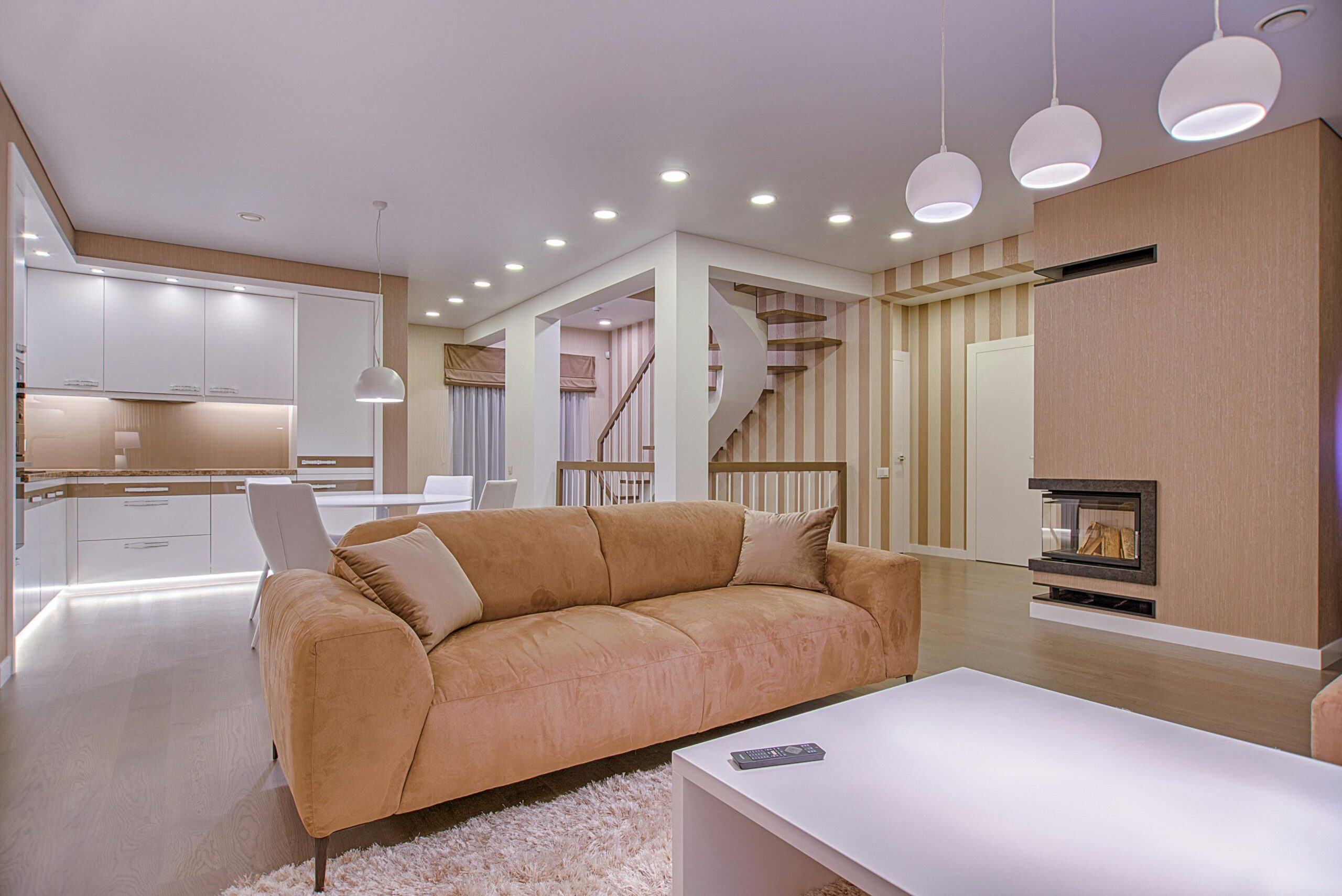
Lighting
Smart bulbs, switches, and dimmers can be controlled remotely or scheduled to turn on/off or adjust brightness automatically. This can also help to save energy consumption.
Users can pre-set and recall lighting scenes for different activities or moods with the push of a button, enabling quick and effortless adjustments. Some systems have human-centric lighting features and tunable LED light fixtures allow you to modify the temperature of your lighting to align with your circadian rhythm. By replicating natural light, you can enhance your energy levels, mood, and sleeping patterns, ultimately helping you to improve your overall health and well-being.
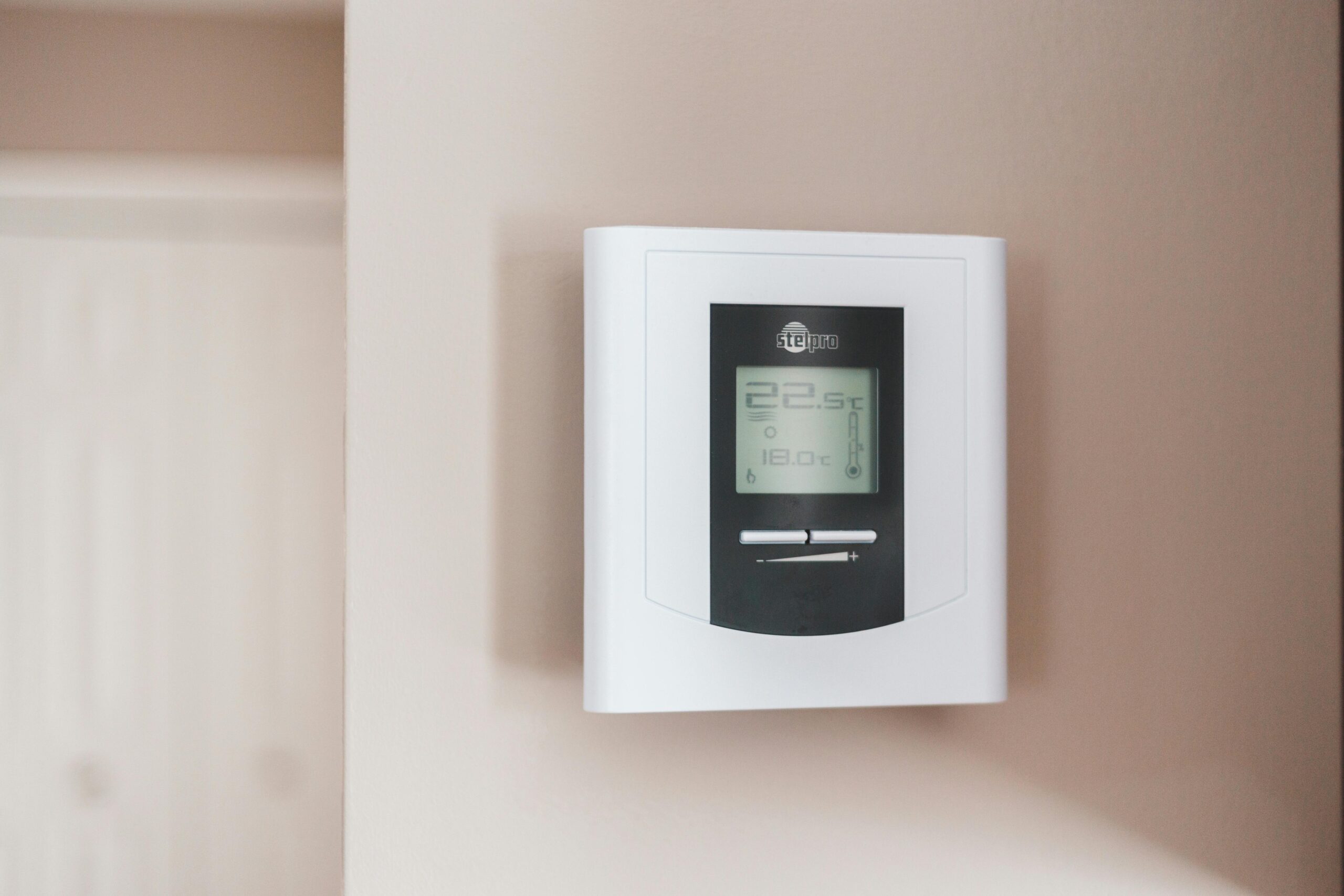
Thermostat
Smart thermostats allow remote control and scheduling of heating and cooling systems, optimising energy usage and comfort.
By monitoring and controlling energy usage within your home, you can help to save energy and reduce utility costs. Some smart home automation systems may have the ability to participate in demand response programs. During peak energy usage periods, the system could automatically adjust settings to reduce energy consumption, such as temporarily decreasing thermostat setpoints or dimming lights. You should also be able to receive regular reports detailing your energy consumption patterns.
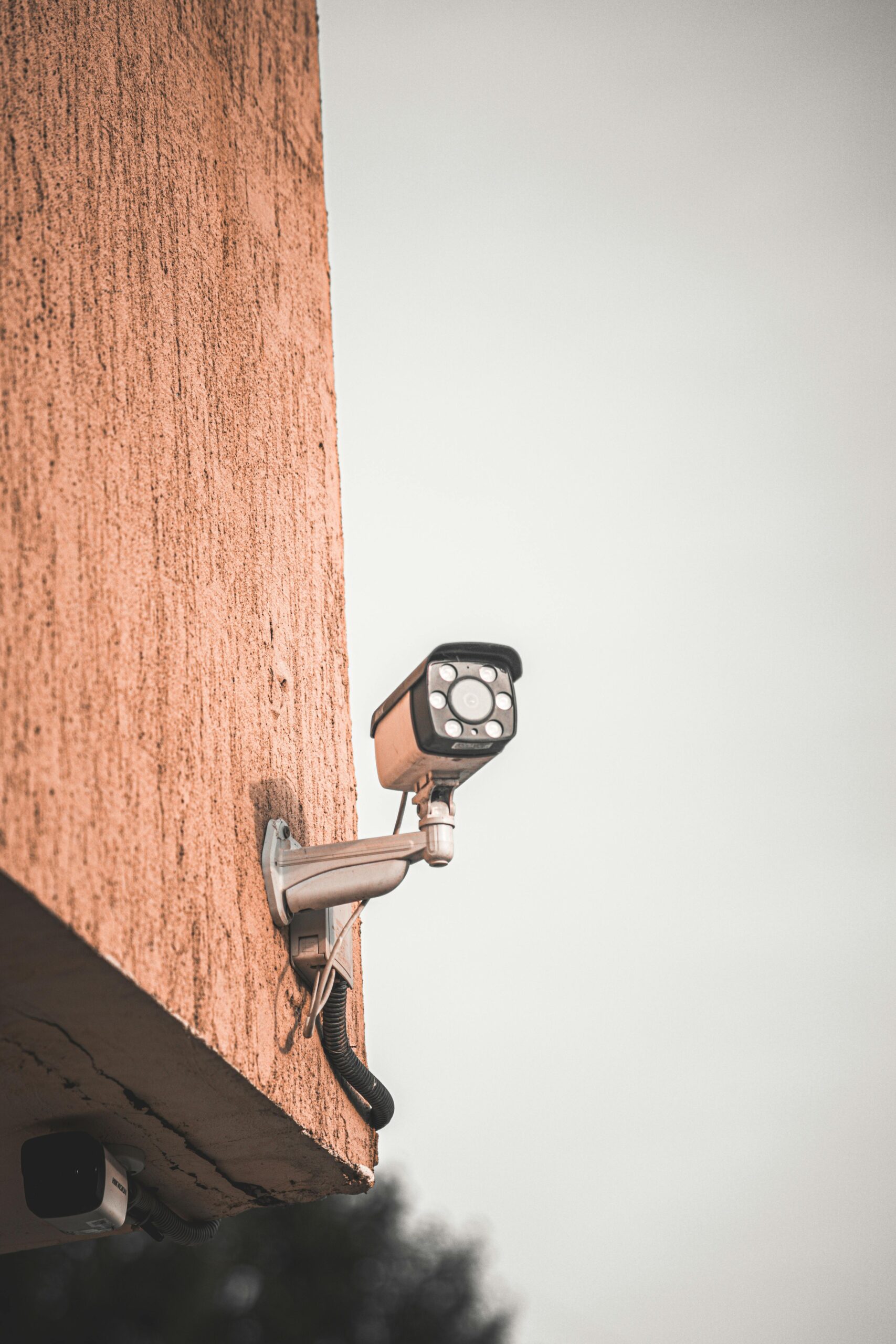
Security
Smart home products are designed to enhance security and surveillance, including doorbell cameras, locks, motion sensors and security cameras.
These products may offer features such allowing you to lock and unlock your doors remotely, giving temporary access codes to guests, monitor your home from anywhere and receive motion alerts, receive alerts if your doors or windows are opened. To control your security and monitor cameras remotely gives you the ultimate peace of mind when away from your home. The homeowner can monitor these systems or a professional monitoring service, which can dispatch authorities in the event of an alarm activation.
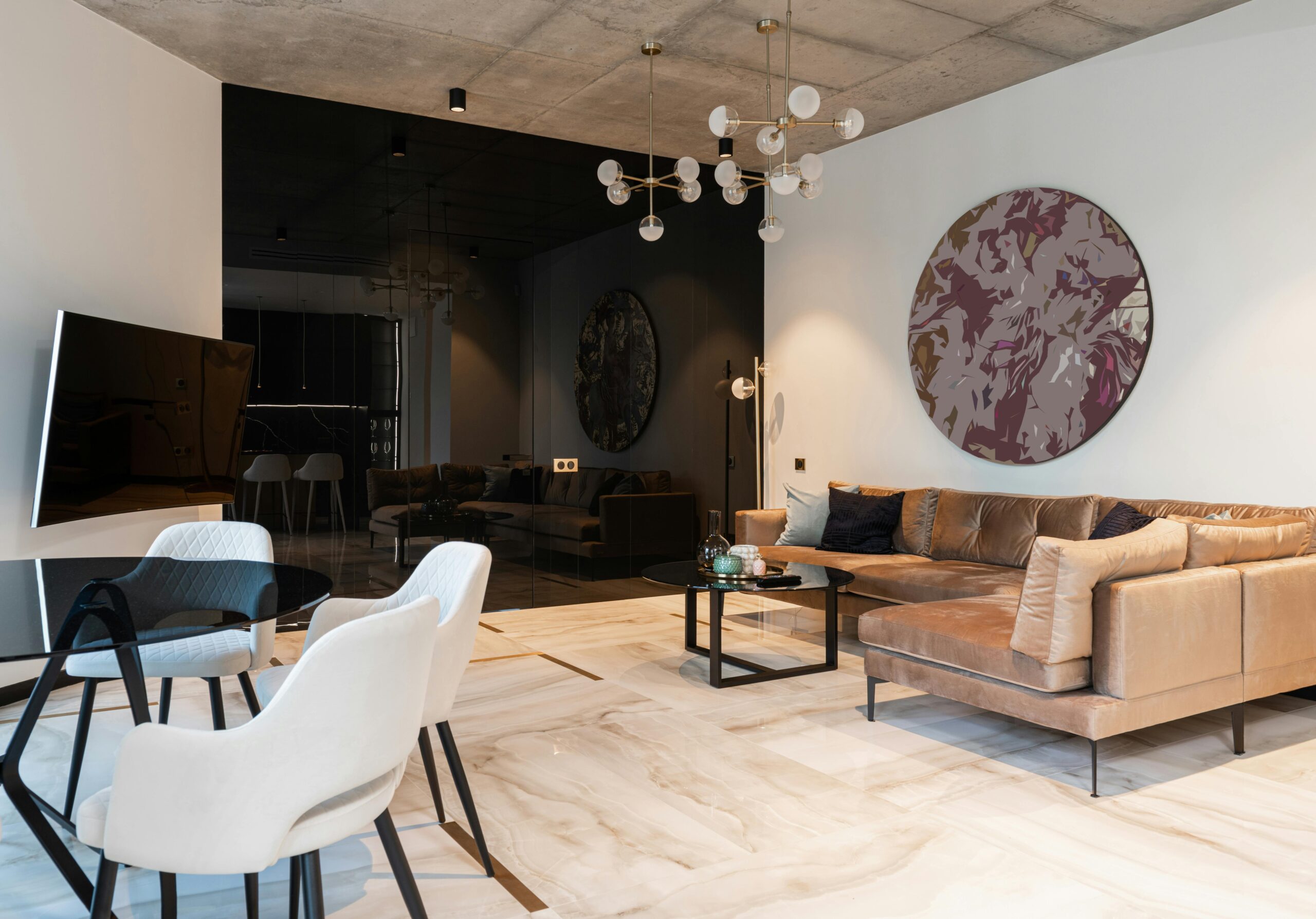
Entertainment
Smart TVs, speakers, and streaming devices can be integrated for centralised control and automation of entertainment systems.
Enjoy exceptional listening experiences, enabling you to enjoy your favourite artist, playlist, or streaming service in any room of your house. You can transform your lounge or create a dedicated home cinema room for the ultimate experience. Multi-room audio and multi-room video can be installed in as many rooms as you wish also, so your whole home is connected.
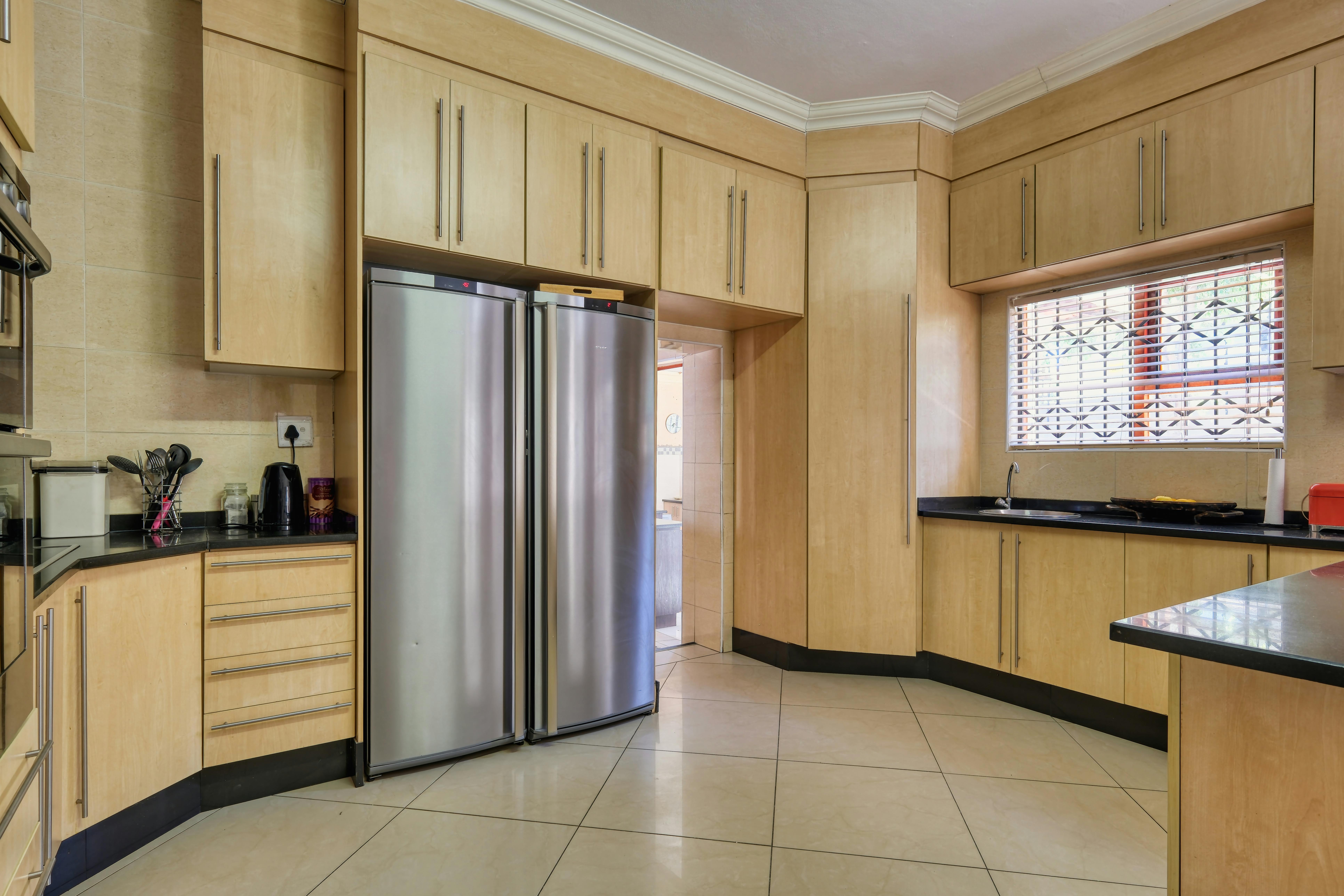
Appliances
Certain appliances like smart refrigerators, dishwashers, ovens, washers, and dryers can be controlled and monitored remotely for convenience and energy efficiency.
Smart appliances come equipped with features such as letting you know when they are finished, but that's not all. Depending on the appliance, you can monitor their cycles, increase or decrease temperatures remotely or they can even order groceries for you. Smart plugs can also monitor the energy usage of your appliances.
They can also turn off appliances when not in use to save energy.
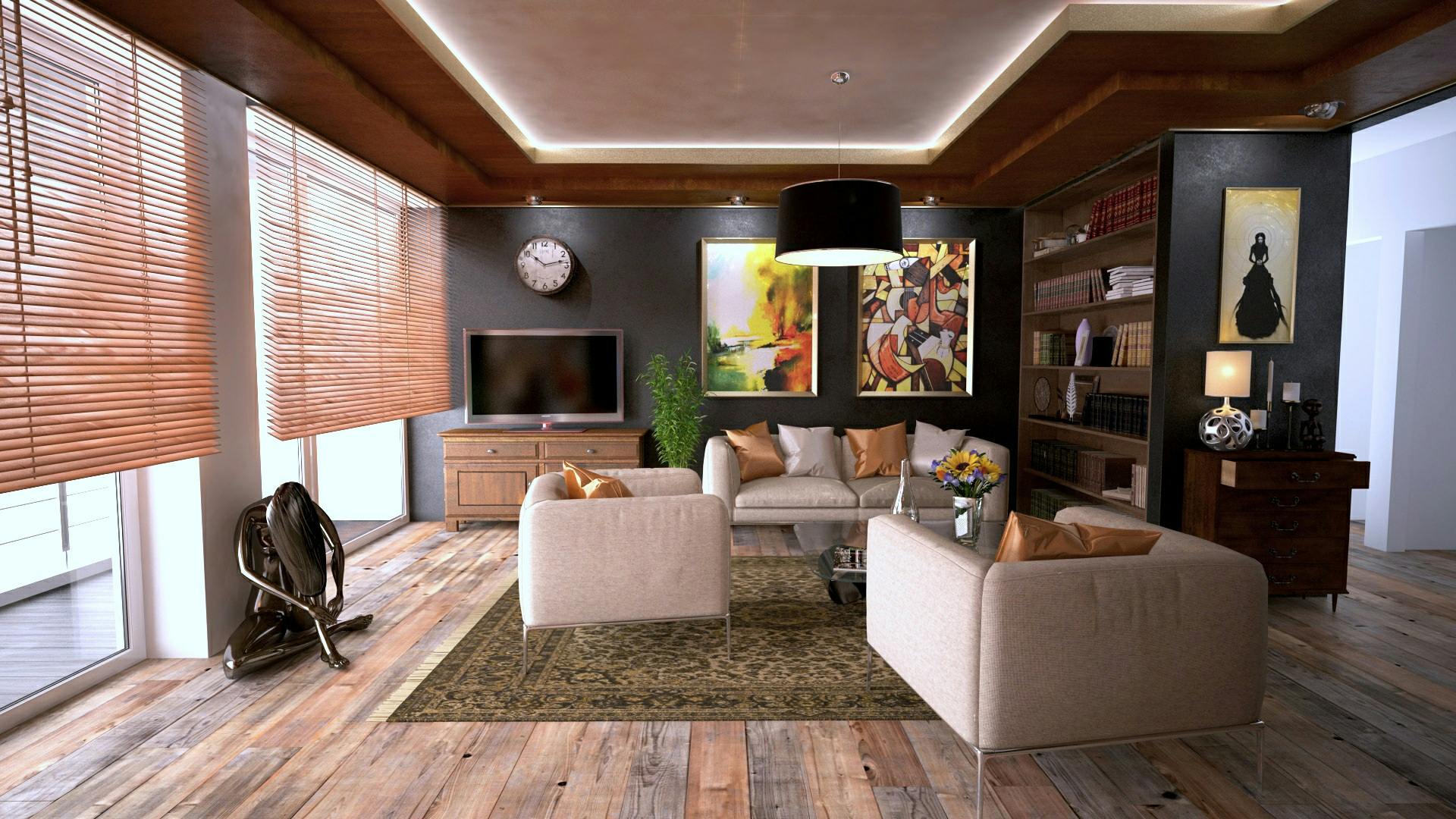
Window Treatments
Smart blinds and shading systems are designed to provide convenient control over the amount of light and privacy in a room as part of your smart home automation.
They can be automated to allow users to set schedules for opening and closing blinds based on time of day, sunrise/sunset times, or other triggers. This can help regulate indoor temperature, reduce glare, and enhance privacy without manual intervention. They can be synchronised with smart lighting systems to adjust lighting levels along with the position of the blinds, or integrated with smart thermostats to optimise energy efficiency.
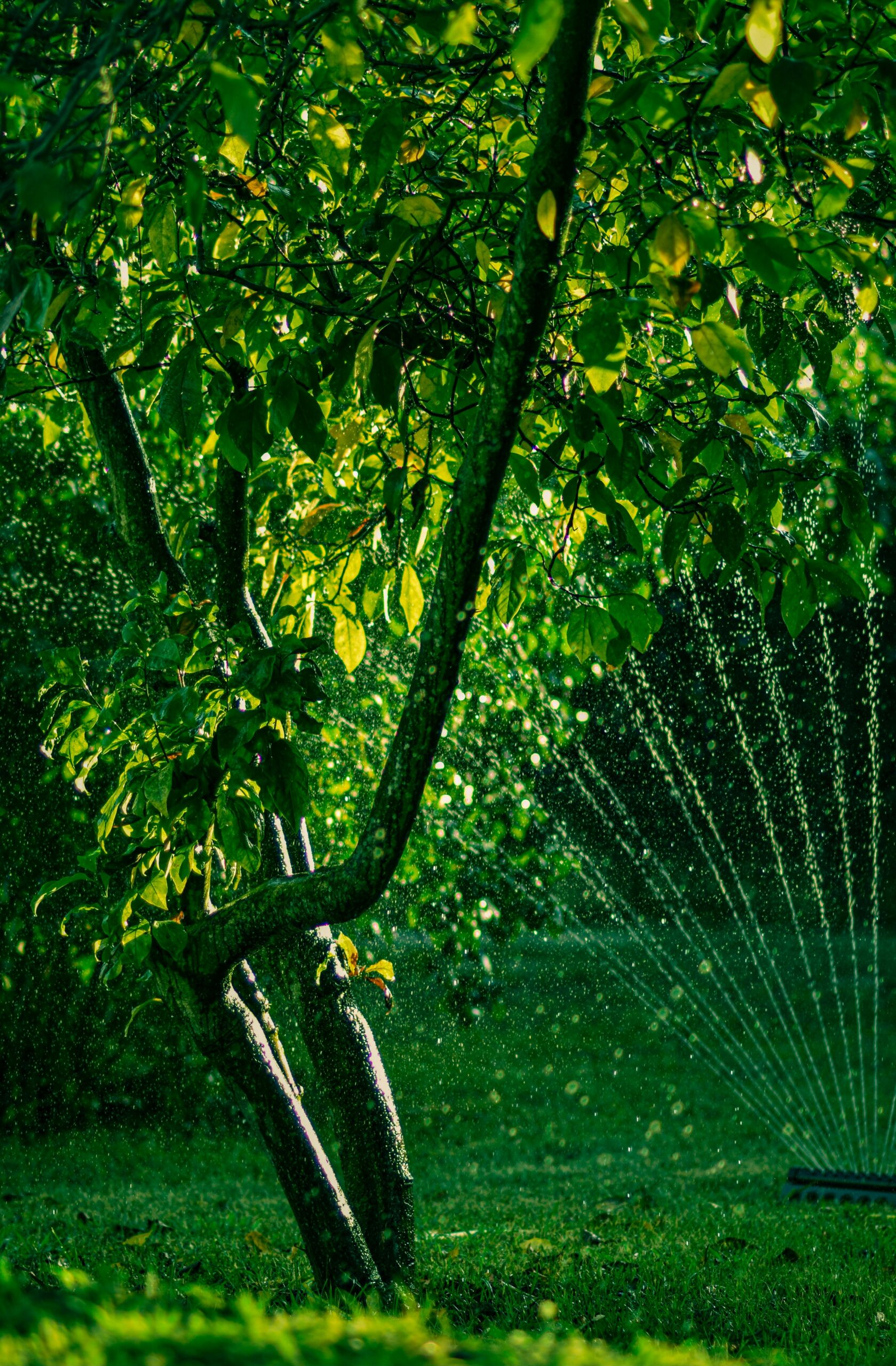
Irrigation Systems
Smart home irrigation systems are designed to efficiently water lawns, gardens, and landscapes while minimising water waste. They leverage technology to monitor weather conditions, soil moisture levels, and plant water requirements to deliver the right amount of water at the right time.
Users can program watering schedules, adjust settings, and monitor system status from anywhere. Smart irrigation systems often integrate weather data from local sources or online services. For example, if rain is forecasted, the system may automatically skip scheduled watering to avoid overwatering.
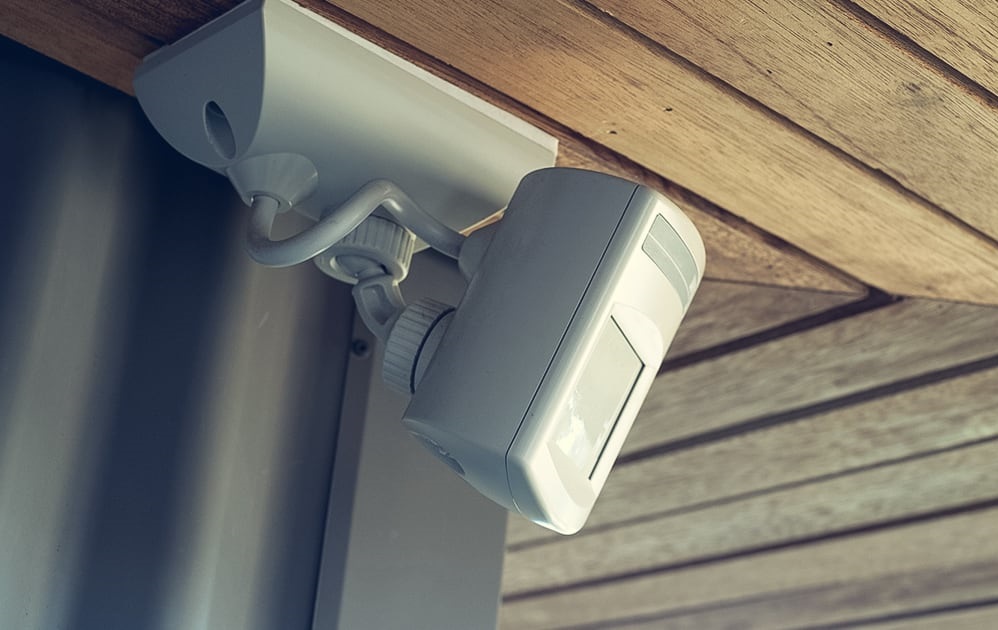
Home Monitoring
Sensors for detecting motion, smoke, carbon monoxide, and water leaks can provide alerts and trigger actions, allowing homeowners to monitor their homes in real time and take action to address potential issues even when they're away.
For example, water leak detectors are designed to detect the presence of water or moisture in areas where it shouldn't be, such as basements, bathrooms, kitchens, and laundry rooms. They can help prevent water damage by alerting homeowners to leaks from plumbing fixtures, appliances, or infrastructure failures such as burst pipes or flooding.

Voice Assistant
Integration with voice-controlled assistants like Amazon Alexa, Google Assistant, or Apple Siri allows for hands-free control of various smart devices and systems.
Voice assistants use advanced natural language processing algorithms to interpret and understand spoken commands from users. This allows users to interact with the voice assistant using everyday language, making the experience intuitive and user-friendly. Ask to turn on/off lights, adjust the thermostat temperature or play music.
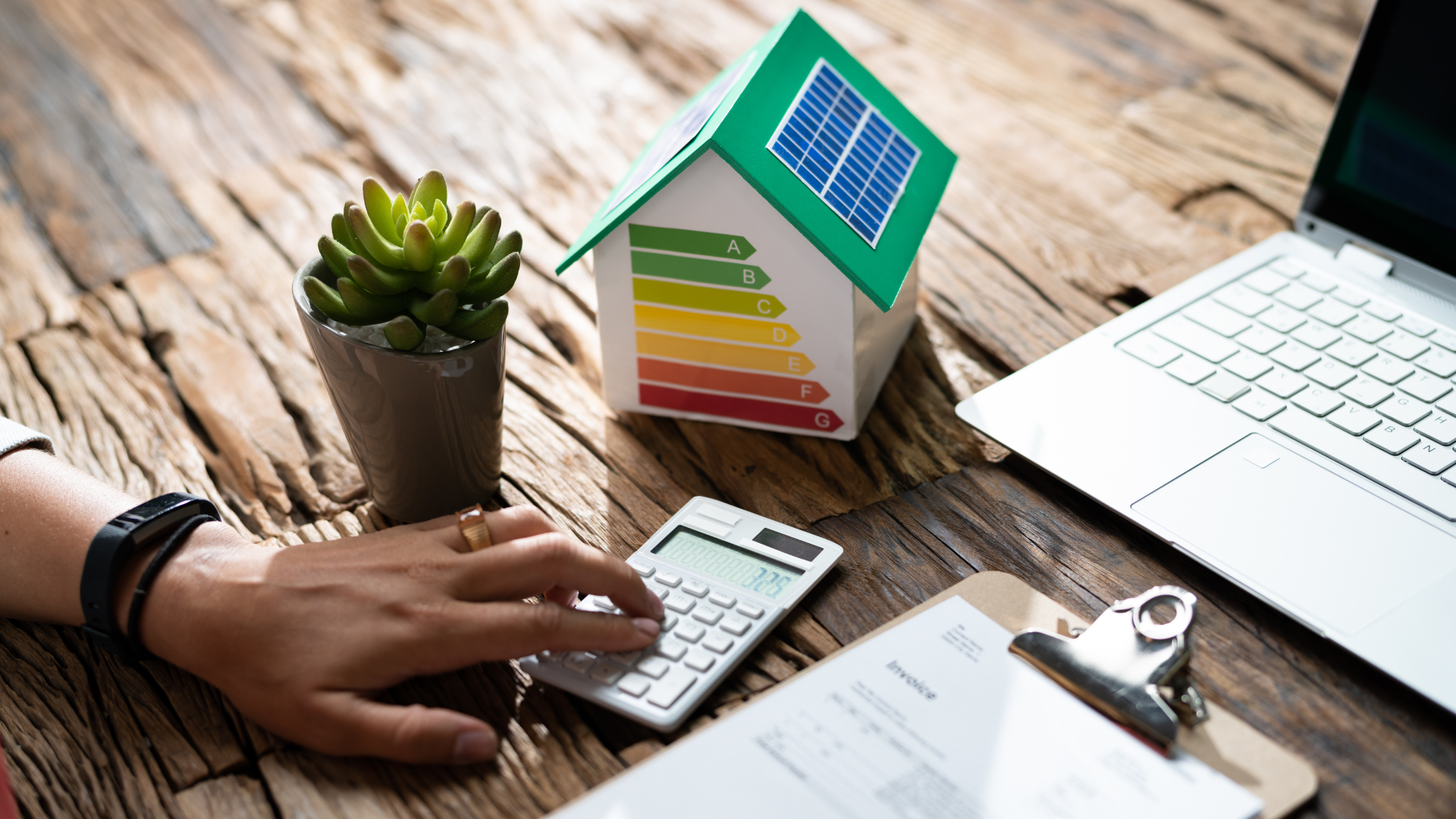
Energy Management and Efficiency
Smart home automation can also help you manage your energy usage.
Smart thermostats can learn your schedule and this can save energy while maintaining your comfort. Smart lights can be scheduled to turn off when not in use. They can also adjust their brightness based on the time of day or the amount of natural light. In addition to individual devices, you can also create energy-saving routines. For example, you can create a "goodnight" routine that turns off all lights and lowers the thermostat. Or you can create a "leaving home" routine that turns off all devices. By managing your energy usage, smart home automation can help you save money and reduce your environmental impact.
In the next chapter, we’ll discuss how to maintain and troubleshoot your smart home automation system.

Chapter 5: Maintenance and Upkeep
Maintaining your smart home automation system is crucial.
It ensures that your system remains functional and efficient.
Let’s discuss some key aspects of maintenance and upkeep.
Regular System Updates and Firmware Maintenance
Just like your smartphone or computer, your smart devices need regular updates. These updates often include security patches, bug fixes, and new features.
Here are some tips for managing system updates:
- Check for updates regularly: Most devices will notify you when an update is available. However, it’s a good idea to manually check for updates from time to time.
- Schedule updates during off-peak hours: Updates can temporarily disrupt the functionality of your devices. It’s best to schedule updates during times when you’re less likely to use the devices.
- Keep a record of your updates: This can help you troubleshoot any issues that arise after an update.
Troubleshooting and Support
Even with regular maintenance, you may encounter issues with your smart home automation system. Common issues include devices not responding, slow performance, and connectivity issues.
Here are some troubleshooting tips:
- Restart the device: This can often resolve temporary issues.
- Check your internet connection: Many smart devices rely on a stable internet connection. If you’re having issues, check if your internet is working properly.
- Contact customer support: If you can’t resolve the issue yourself, don’t hesitate to contact customer support. They can often provide helpful advice or arrange for a technician to visit your home.
Ensuring Long-Term Reliability
To ensure the long-term reliability of your smart home automation system, regular maintenance is key. This includes cleaning your devices, checking for physical damage, and replacing batteries as needed. You should also regularly back up your settings and configurations. This can help you quickly restore your system in case of a failure. It’s also a good idea to have a professional inspect your system from time to time. They can identify potential issues and provide preventive maintenance. By taking care of your smart home automation system, you can enjoy its benefits for many years to come.
In the next chapter, we’ll discuss the costs associated with smart home automation and how to manage them.
Chapter 6: Cost and Considerations
The cost of smart home automation can vary greatly.
It depends on the complexity of the system, the devices you choose, and whether you opt for professional installation.
Let’s break down the costs and discuss how to manage them.
Breaking Down the Costs of Smart Home Automation
The cost of smart home automation can be broken down into several categories. These include the cost of devices, installation costs, and ongoing costs such as maintenance and energy usage.
Here’s a rough breakdown of the costs:
- Devices: This is often the largest cost. Smart devices can range from £15 for a smart light bulb to over £150 for a high-end smart thermostat.
- Installation: If you opt for professional installation, this can add significantly to the cost. However, many devices are designed for DIY installation, which can save you money.
- Maintenance: This includes the cost of regular updates, repairs, and replacements. It’s a good idea to budget for these costs.
- Energy usage: While many smart devices are energy-efficient, they do use electricity. Consider this in your ongoing costs.
Potential Savings and Return on Investment
While the upfront cost of smart home automation can be high, it can also lead to significant savings. For example, smart thermostats can reduce your heating and cooling costs by up to 20%.
Here are some ways smart home automation can save you money:
- Energy efficiency: Many smart devices are designed to minimize energy usage. This can lead to significant savings on your utility bills.
- Preventive maintenance: Smart devices can alert you to issues before they become serious problems. This can save you money on repairs.
- Increased home value: A well-designed smart home automation system can increase the value of your home. This can be a significant return on investment if you plan to sell your home.
Choosing the Right Products and Services
Choosing the right products and services is crucial to managing the costs of smart home automation. Consider the quality, compatibility, and support offered by different brands. It’s often worth paying a bit more for a device that is reliable, compatible with your other devices, and backed by good customer support. Also, consider the installation options. While professional installation can be expensive, it can also save you time and ensure that your system is installed correctly. On the other hand, if you’re handy and enjoy DIY projects, you can save money by installing the system yourself. Finally, consider the ongoing costs. Some devices may require a monthly subscription, while others may be more expensive to run. By carefully considering these factors, you can choose the right products and services for your needs and budget.
In the next chapter, we’ll look at the future of smart home automation and how to prepare your home for it.

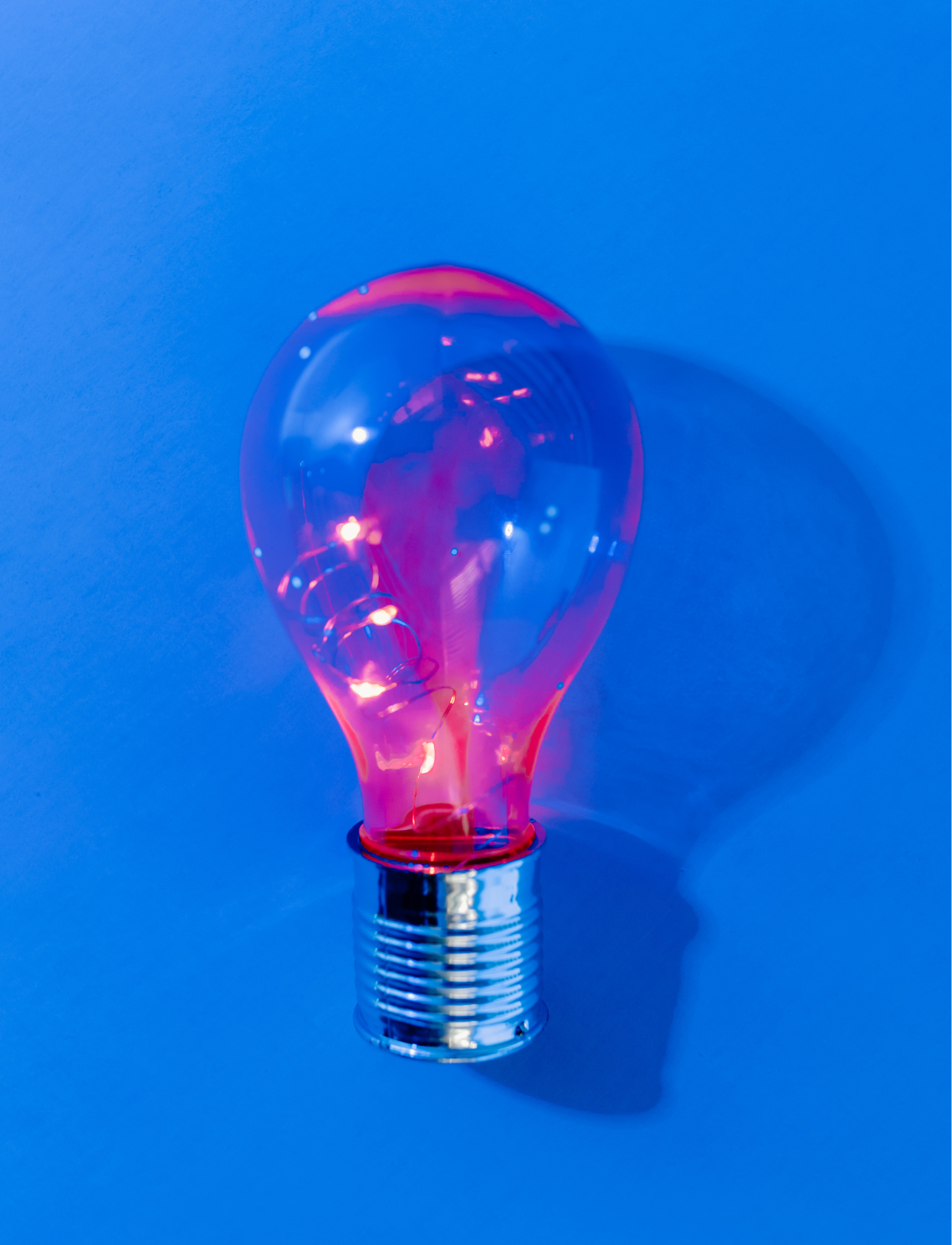
Chapter 7: The Future of Smart Home Automation
The world of smart home automation is constantly evolving.
New technologies and trends are continually emerging, offering exciting possibilities for the future.
Let’s explore some of these trends and how they might shape the future of smart home automation.
Emerging Trends in Smart Home Technology
Several trends are shaping the future of smart home automation.
These include the integration of artificial intelligence, the rise of voice control, and the increasing importance of security.
Here are some key trends to watch:
- Artificial Intelligence (AI): AI is becoming increasingly integrated into smart home automation. This allows for more intelligent and responsive systems that can learn from your habits and preferences.
- Voice Control: The popularity of voice assistants like Alexa and Google Assistant is driving the trend towards voice control in smart home automation.
- Security: As our homes become more connected, security is becoming increasingly important. Look for more advanced security features in future smart home automation systems.
- Energy Efficiency: As energy costs rise and environmental concerns grow, energy efficiency is becoming a key feature of smart home automation systems.
Integrating with the Internet of Things (IoT)
The Internet of Things (IoT) is a key driver of smart home automation.
IoT refers to the network of physical devices, vehicles, and other items embedded with sensors, software, and network connectivity that enables these objects to collect and exchange data.
In the context of smart home automation, this means that your devices can communicate with each other and with you, allowing for more integrated and intelligent systems.
For example, your thermostat can adjust the temperature based on the weather forecast, or your lights can turn on when your security camera detects motion.
As IoT technology continues to advance, we can expect to see even more integration and intelligence in our smart home automation systems.
Preparing Your Home for Tomorrow
Preparing your home for the future of smart home automation involves more than just buying the latest devices.
It’s about creating a flexible and scalable system that can adapt to new technologies and trends.
This means choosing devices that are compatible with a wide range of systems and protocols, and ensuring that your home network is robust and secure.
It also means thinking about how your needs and lifestyle might change in the future, and planning your system accordingly.
In the next chapter, we’ll look at some real-life examples of smart home automation installations and hear from homeowners who have embraced this technology.
Is Smart Home Automation Popular in the UK?
The projected revenue in the smart home market for the United Kingdom is set to reach £8.4bn by 2024. The UK is experiencing a surge in demand for smart home devices, driven by increased consumer awareness and the desire for convenience and energy efficiency. This is expected to show an annual growth rate of 9.13%, resulting in a projected market volume of £12.0bn by 2028.
The household penetration rate is predicted to increase from 62.4% in 2024 to 115.3% by 2028.
You can view the graph below and see how the smart home automation market is set to increase by 2028.
*Information from statista.com
Chapter 8: Real-Life Success Stories
Smart home automation is not just a concept.
It’s a reality for many homeowners around the world.
In this chapter, we’ll look at some real-life examples of smart home automation installations.
We’ll also hear from homeowners who have embraced this technology and see how it has transformed their lives.
Case Studies of Smart Home Automation Installations
Let’s start with a case study of a family who decided to automate their home.
They started with a basic system, including a smart thermostat and smart lighting.
Over time, they added more devices, including smart locks, a smart security system, and smart appliances.
The family reports that smart home automation has made their lives easier and more convenient.
They appreciate being able to control their home from anywhere, and they’ve seen significant energy savings.
In another case, a couple living in a smart home community shared their experience.
Their home came pre-installed with a comprehensive smart home automation system, including smart lighting, heating, and security.
They particularly appreciate the security features, which give them peace of mind when they’re away from home.
These case studies show that smart home automation can be tailored to fit a wide range of needs and lifestyles.
Whether you’re starting from scratch or upgrading an existing home, there’s a smart home automation solution for you.
Testimonials from Satisfied Homeowners
Many homeowners who have installed smart home automation systems are thrilled with the results.
One homeowner said, “I love being able to control my home from my phone. It’s so convenient.”
Another said, “Our smart thermostat has made a big difference in our energy bills. We’re saving money and helping the environment.”
These testimonials show that smart home automation can offer real benefits, from convenience and control to energy savings and security.
In the next chapter, we’ll answer some common questions about smart home automation installation and provide additional resources to help you on your smart home automation journey.
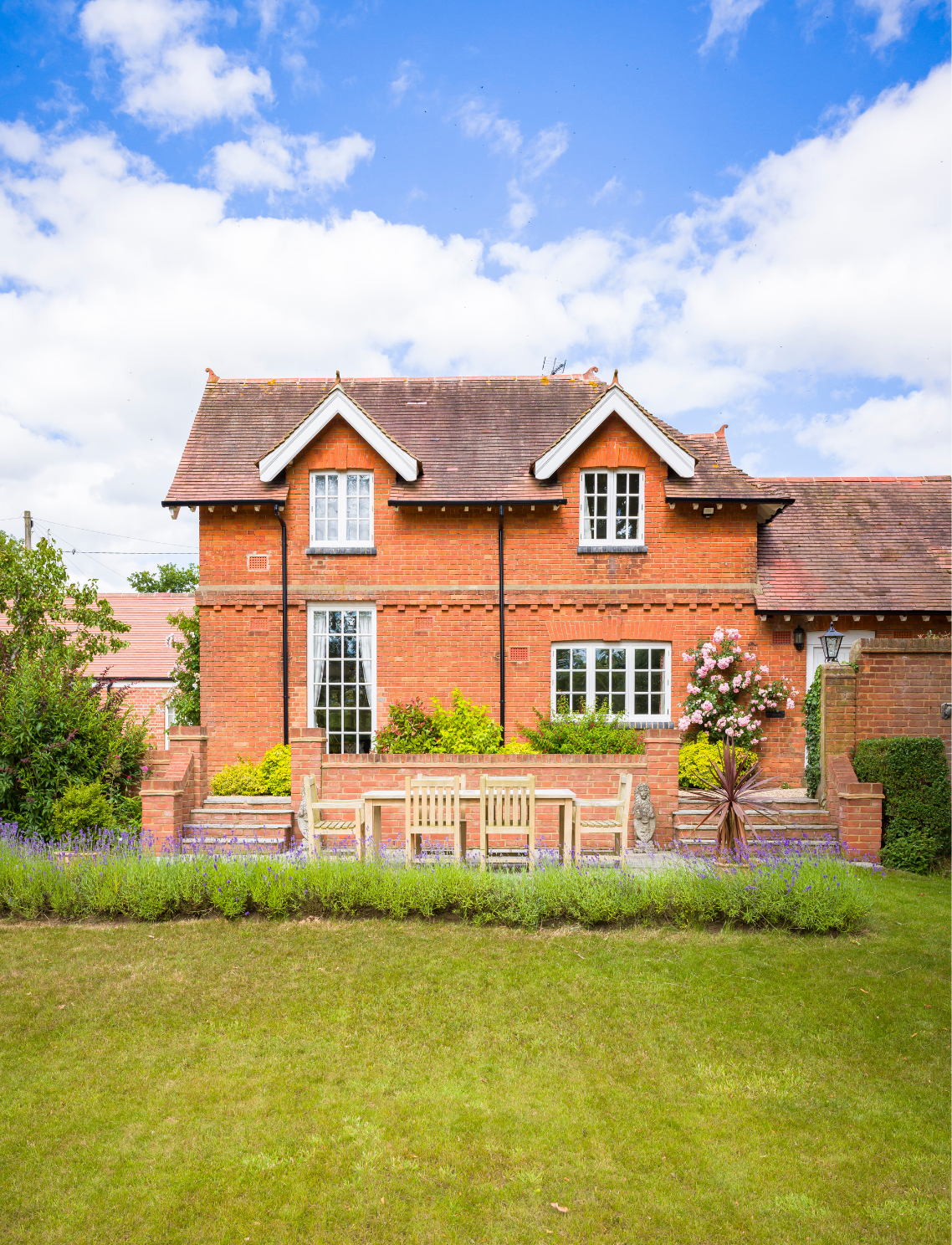

Chapter 9: FAQs and Resources
As we near the end of our guide, it’s time to address some common questions about smart home automation installation.
We’ll also provide some additional resources to help you further explore this exciting field.
Common Questions About smart home automation Installation
One common question is, “How much does smart home automation installation cost?”
The answer depends on many factors, including the complexity of the system and whether you choose DIY or professional installation.
Another question is, “Can I install a smart home automation system myself?”
While some homeowners choose to install simple systems themselves, professional installation is recommended for more complex systems
“What if my home is old? Can I still install a smart home automation system?”
Yes, smart home automation can be installed in homes of any age, though some modifications may be necessary.
“Will smart home automation increase the value of my home?”
While it’s not guaranteed, many real estate professionals believe that smart home automation can increase a home’s value and appeal.
“Is smart home automation secure?”
While no system is 100% secure, there are many steps you can take to protect your smart home automation system from hackers.
Additional Resources and Guides
For more information on smart home automation, consider checking out the following resources.
The website of the Consumer Technology Association offers a wealth of information on smart home automation and other consumer technologies.
The Smart Home Blog features reviews of smart home products and tips for homeowners.
The smart home automation group on reddit is a community of enthusiasts who share tips, tricks, and advice.
Finally, don’t forget to check out the websites of smart home automation manufacturers.
They often provide detailed product information, installation guides, and customer support.
In the next section, we’ll wrap up our guide and offer some final thoughts on smart home automation installation.
Conclusion
We’ve covered a lot of ground in this guide.
From understanding what smart home automation is to planning and installing your system, we’ve walked you through each step of the process.
We’ve also explored advanced features, maintenance tips, and the future of smart home automation.
Our hope is that this guide has empowered you to make informed decisions about your smart home automation journey.
Remember, the goal of smart home automation is to make your life easier, more comfortable, and more efficient.
Wrapping Up Your Smart Home Automation Journey
As we wrap up, remember that smart home automation is a journey, not a destination.
Your system can grow and evolve with you, adapting to your changing needs and lifestyle.
Don’t be afraid to start small and expand over time.
Remember to keep security in mind, and don’t forget to have fun exploring the possibilities of smart home technology.
Thank you for joining us on this journey. We wish you all the best in your smart home automation adventures!
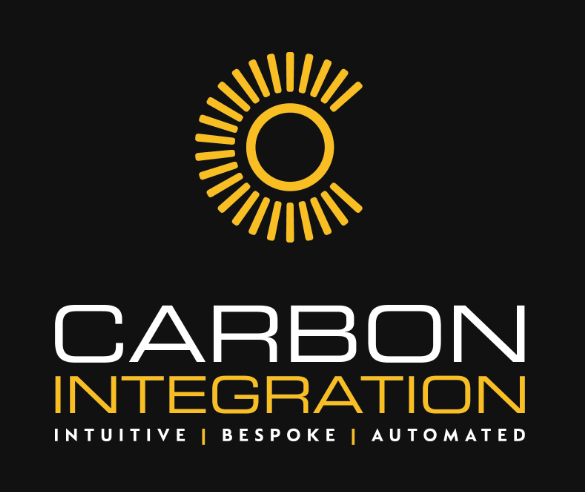
Smart Home Automation Installation
From consultation to specification, we will manage and complete your smart home installation projects.
By teaming up with Carbon Integration, you tap into more than 10 years of experience in the smart home industry.
Our Head Office is based in Uxbridge (West London) within Greater London but we can cover any area in the UK. We also have a smart home showroom in Sunningdale, Berkshire to showcase our system integrations.
If you want to have a chat please call us on 0207 190 9552 or e-mail us via our contact form.
We'd Love to Hear from You!
Discover the ways in which we can streamline and automate your home for enhanced convenience and efficiency.

